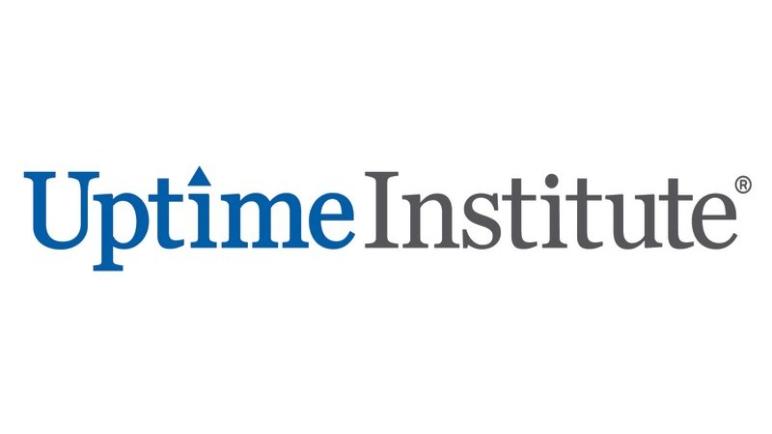The findings highlight the growing, industry-wide need to achieve meaningful efficiency gains, evolve sustainability reporting practices, prevent costly outages and more
NEW YORK–(BUSINESS WIRE/AETOSWire)– Uptime Institute today announced the release of its 12th Annual Global Data Center Survey. The findings show an industry that is growing, dynamic and increasingly resilient, but still working to address increasing pressure for sustainability progress and reporting, continuing staffing shortages, supply chain delays, costly outages and other complex challenges.
“The global digital infrastructure sector continues to enjoy strong growth and expansion, despite the many obstacles operators are facing today,” said Andy Lawrence, executive director of research, Uptime Institute Intelligence. “We’ve seen the industry invest in increased resiliency and reliability, but there’s still work to be done when it comes to improving efficiency, environmental sustainability, outage prevention, staffing pipelines and more.”
Uptime’s annual Global Data Center Survey is the largest and most comprehensive in the digital infrastructure industry. It provides detailed insights into the digital critical infrastructure landscape and a sense of its future trajectory. Key findings from the 2022 report include:
• Many data center operators are unprepared for mounting sustainability requirements and regulations – Most respondents say they report on overall data center power use and PUE, but many still are not tracking critical environmental metrics. Although 63% of operators believe authorities in their region will require them to publicly report environmental data in the next five years, just 37% collect and report carbon emissions data (a slight increase over 33% in 2021) and only 39% currently report their water use (a 12% drop compared to 2021). New laws, standards, and requirements will force operators to address these gaps and establish more stringent sustainability tracking and reporting practices in the coming years.
• PUE progress is in stasis for now and future efficiency gains must focus on IT power – The average annual power usage effectiveness (PUE) reported in 2022 was 1.55. This represents a slight improvement over the 2021 average of 1.57, which is consistent with the trend of marginal PUE gains Uptime has observed annually since 2014. Going forward, achieving substantial data center efficiency improvements will require a new focus on IT efficiency, along with metrics to track and report progress.
• More operators are investing to bolster data center resiliency – Data center owners and operators are making significant investments in the resiliency of their physical infrastructure, with about 40% of respondents reporting increased redundancy levels at their primary data centers in the past three to five years. Power and cooling systems have received similar attention, with a third of operators upgrading either or both.
• Outages are becoming more expensive and are still far too frequent – The share of all outages costing operators over $1 million has reached 25%, a significant increase from 15% in 2021. In 2022, 60% of operators reported experiencing an outage (regardless of severity) in the past three years — down from 69% in 2021 and 78% in 2020. Although the data indicates a trend toward improved outage rates, the frequency of outages is still much too high and with more than two-thirds now costing operators upwards of $100,000, the consequences are getting worse.
• Operators’ confidence in public cloud is on the rise, despite ongoing outage risks – As the perception of improved visibility into cloud operational resiliency grows, organizations are more likely to trust the cloud for mission-critical workloads. In 2022, just 63% of operators are not placing mission-critical workloads into a public cloud, a substantial drop from almost 75% in 2019. That trust might be misplaced, given that more than one-third of respondents report that public cloud availability zone outages (which are relativity common) would cause significant performance issues.
• Data center equipment vendors optimistic despite demand pressures and lingering supply chain problems – Three-quarters of vendors project year-over-year revenue growth in 2022 despite reporting dampened revenues due to persistent COVID-induced supply chain issues. Nearly half of respondents involved with data center construction have suffered significant delays (or other events) in their supply chains, while one-third have experienced moderate issues.
• Problems attracting and retaining qualified staff are worsening – Over half (53%) of data center operators report difficulty finding qualified employees in 2022 — up from 47% in 2021 and 38% in 2018. And 42% of respondents report issues with staff being hired away (in most cases to data center competitors) – a massive increase over just 17% in 2018, which demonstrates the growing challenge of employee retention throughout the sector.
Learn More: Uptime’s 2022 Global Data Center Survey also includes findings on industry attitudes toward nuclear energy, server refresh rates, rack density trends and much more. Download the complete report here, and register for the webinar covering its key trends and takeaways on September 28th at 11:00 a.m. ET.
About the Survey: Uptime conducts its annual Global Data Center Survey online and by email. This year’s study took place in H1 2022, and includes responses from approximately 800 data center owners and operators responsible for managing infrastructure at the world’s largest IT organizations. It also includes insights from 700 data center suppliers, designers, and advisors worldwide.
المصدر : https://wp.me/p70vFa-GFo





















